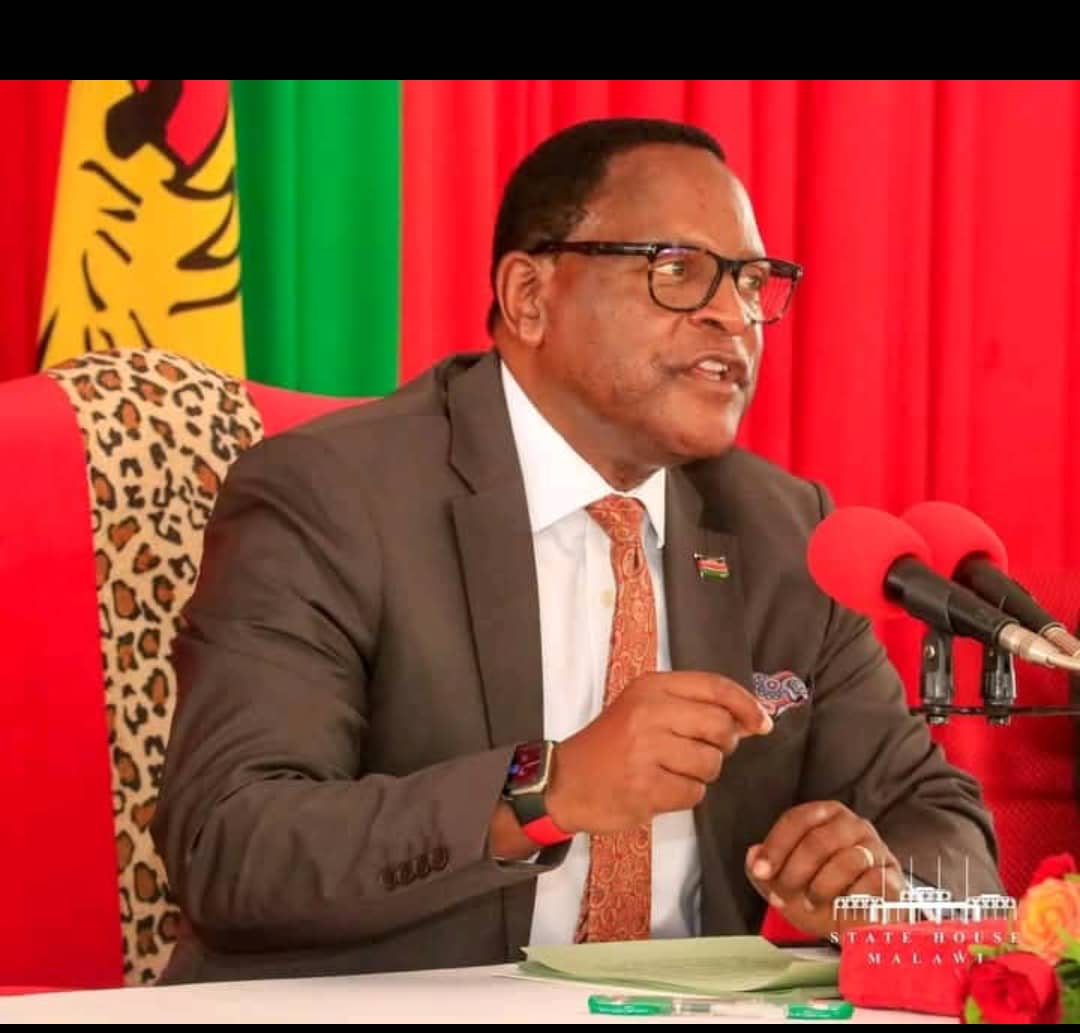Suleman Chitera, Lilongwe, Malawi
“It never rains but pours” has never rung truer than in the current fuel crisis gripping Malawi. As queues at fuel stations grow longer by the day and black-market prices skyrocket, the government remains silent—or worse, offers explanations that are neither convincing nor comforting.
For weeks now, motorists across the country have woken up to the same grim routine: driving from one filling station to another, hoping to catch a fuel delivery before it’s drained by the desperate rush. Some have resorted to sleeping in their vehicles overnight at service stations, clutching onto hope as tightly as they clutch their empty jerrycans.
The fuel shortage has triggered a ripple effect across all sectors. Minibus operators have hiked fares, some routes are no longer running, and businesses relying on transportation or generators are scaling down operations. “We have lost nearly half of our deliveries this week alone,” said Mervis Banda, a small business owner who supplies groceries to rural markets. “We can’t find fuel, and the government is just watching.”
The Ministry of Energy, in a recent press briefing, blamed the crisis on logistical delays and foreign exchange challenges. However, critics argue that the problem has been months in the making—and that government agencies failed to act when early signs of a supply chain breakdown appeared.
Economic experts say poor planning and lack of forex reserves are at the heart of the crisis. “This is not just a fuel issue; it’s a governance issue,” said analyst Humphrey Jere. “The government knew the risks of overdependence on imports without a solid foreign exchange strategy, yet no preventive measures were put in place.”
Meanwhile, the black market is thriving. Vendors openly sell petrol in bottles along the roadside at double or even triple the official price, putting lives at risk due to unsafe storage and handling. Yet, authorities have taken minimal action to curb the practice.
Public frustration has reached boiling point. In Lilongwe and Mzuzu, protests have been reported, with citizens demanding transparency and action from the Tonse Alliance administration. “We elected them to fix problems, not explain them away,” one protester shouted as he held a placard reading “We Need Fuel, Not Excuses!”
As the days drag on and no concrete solution is in sight, many Malawians are left asking the same question: How long must we suffer before someone takes responsibility?
In a nation already battling economic hardship, joblessness, and food insecurity, the fuel crisis is more than an inconvenience—it is a national emergency. And in this storm of mismanagement, the people are the ones left drenched.
Indeed, it never rains but pours.




